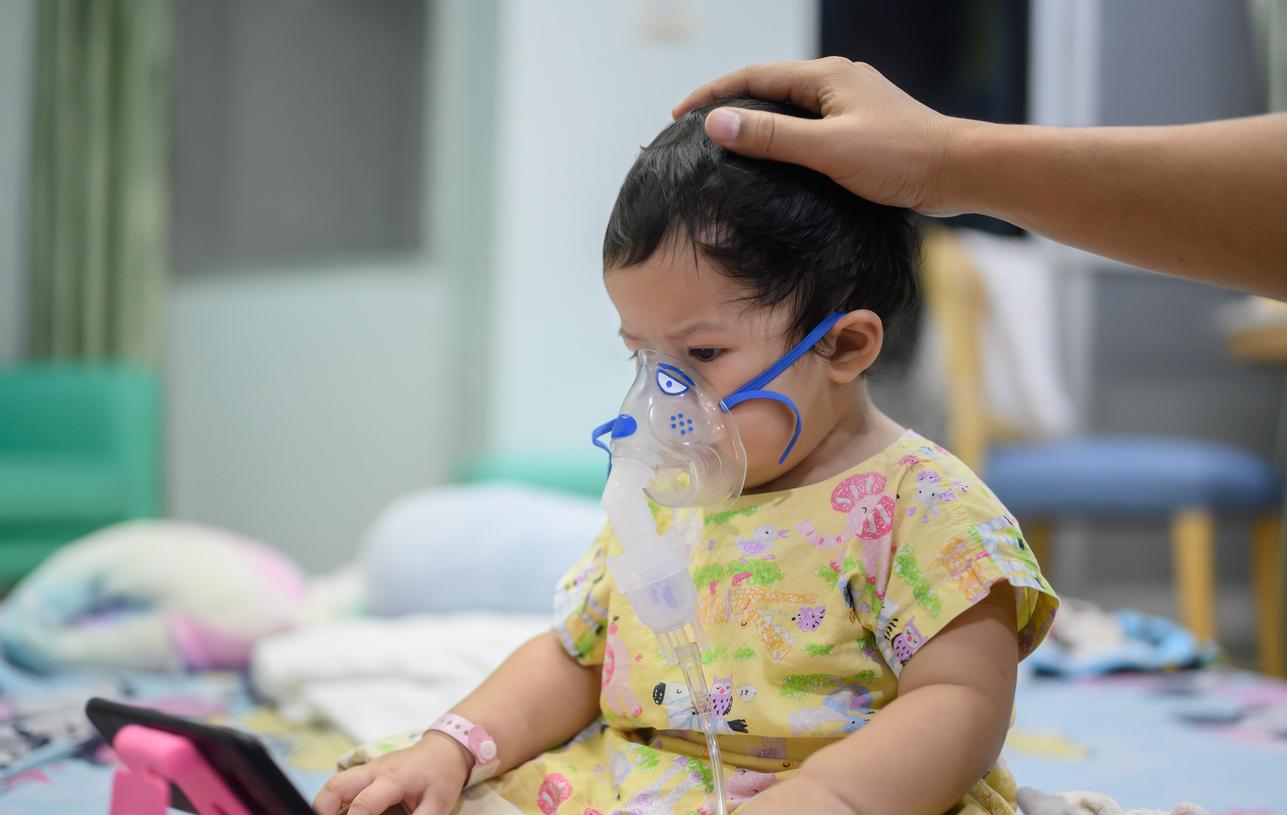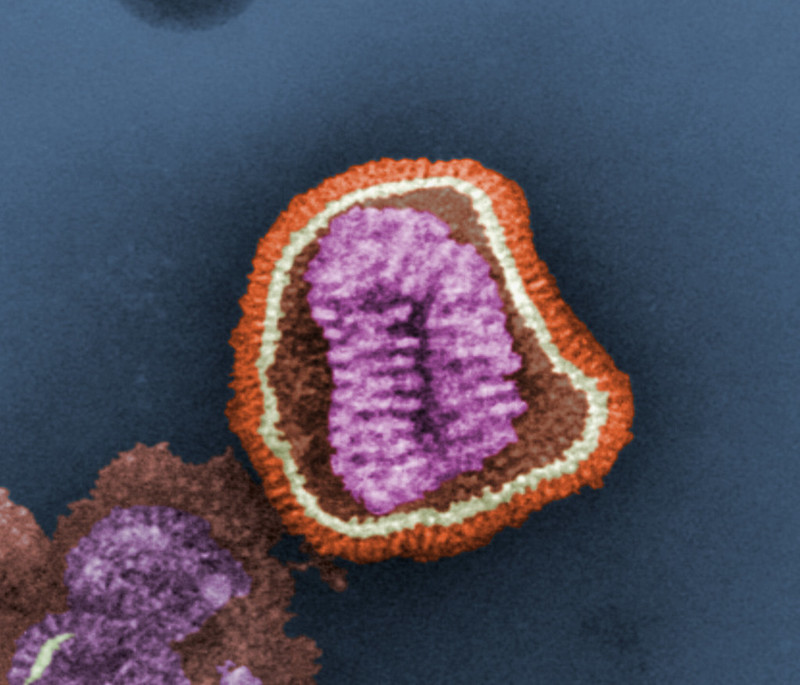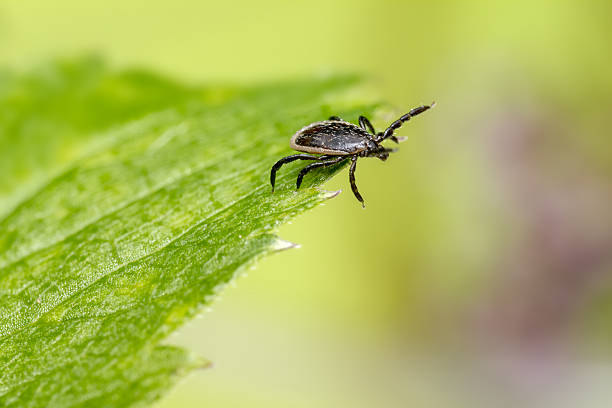Pertussis (whooping cough) cases in the United States this year have risen fivefold compared to the same time last year, as disease activity returned to a prepandemic pattern, the US Centers for Disease Control and Prevention (CDC) said yesterday. So far this year, cases are tracking higher than 2019, the year before the COVID-19 pandemic.

Some state health departments have warned of rising cases, including Washington, which said yesterday that, as of November 2, nearly 1,200 cases have been reported statewide, up sharply from 51 cases reported during the same period in 2023.
It said it expects a further rise in cases in both unvaccinated and vaccinated people given waning immunity from the acellular vaccine.
Tao Sheng Kwan-Gett, MD, a pediatrician and chief health officer at the Washington State Department of Health, said the surge in cases is a reminder of the critical role of vaccines for protecting vulnerable people, especially infants younger than 1 year old. "To protect babies from whooping cough, people of all ages should get up to date on pertussis vaccination, and anyone with symptoms should see a health care provider to see if testing and antibiotic treatment are needed."
Multiple factors likely contribute to rise
The CDC said several factors are probably contributing to a post-pandemic rise in pertussis activity. Aside from waning vaccine immunity, they include improved recognition by healthcare providers, greater access to and use of diagnostics, and increased surveillance and reporting to health departments.
Caused by Bordetella pertussis, the disease is highly contagious and can begin with common cold symptoms including runny nose, but can lead to severe coughing that can last weeks to months. Infants are at highest risk for severe illness and death. In Washington, 28 pertussis patients were hospitalized, including 12 babies.














